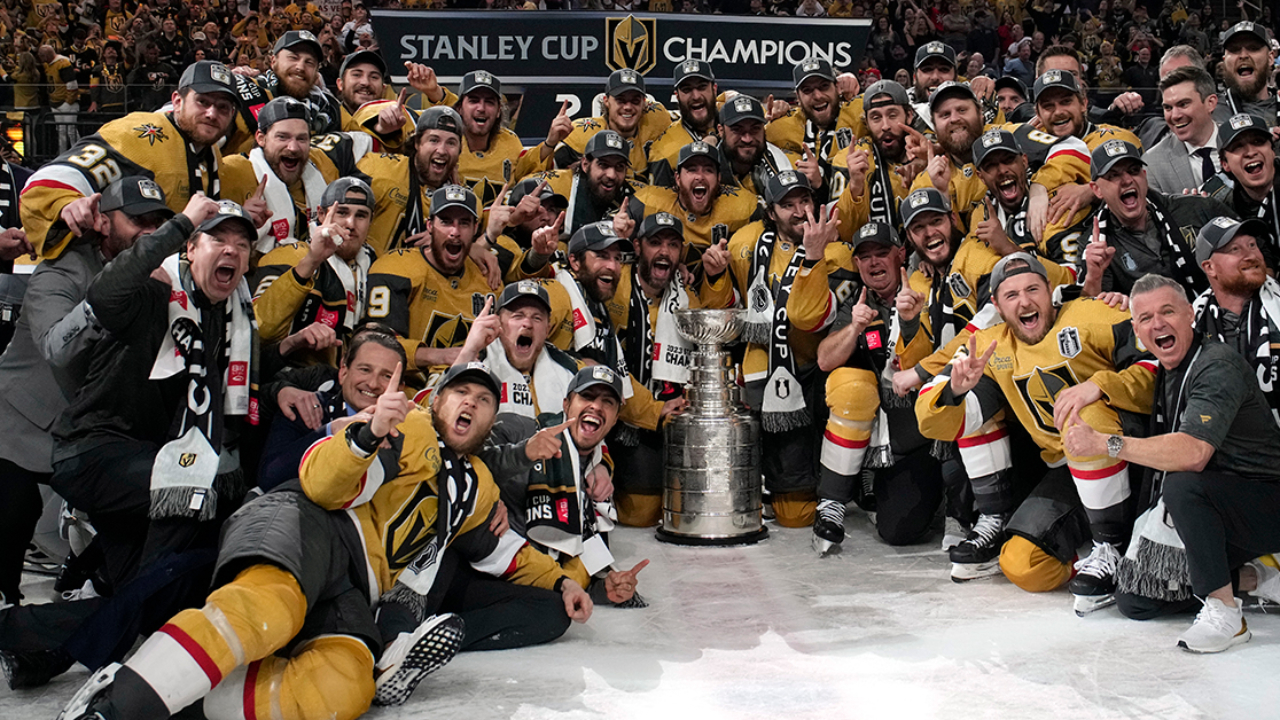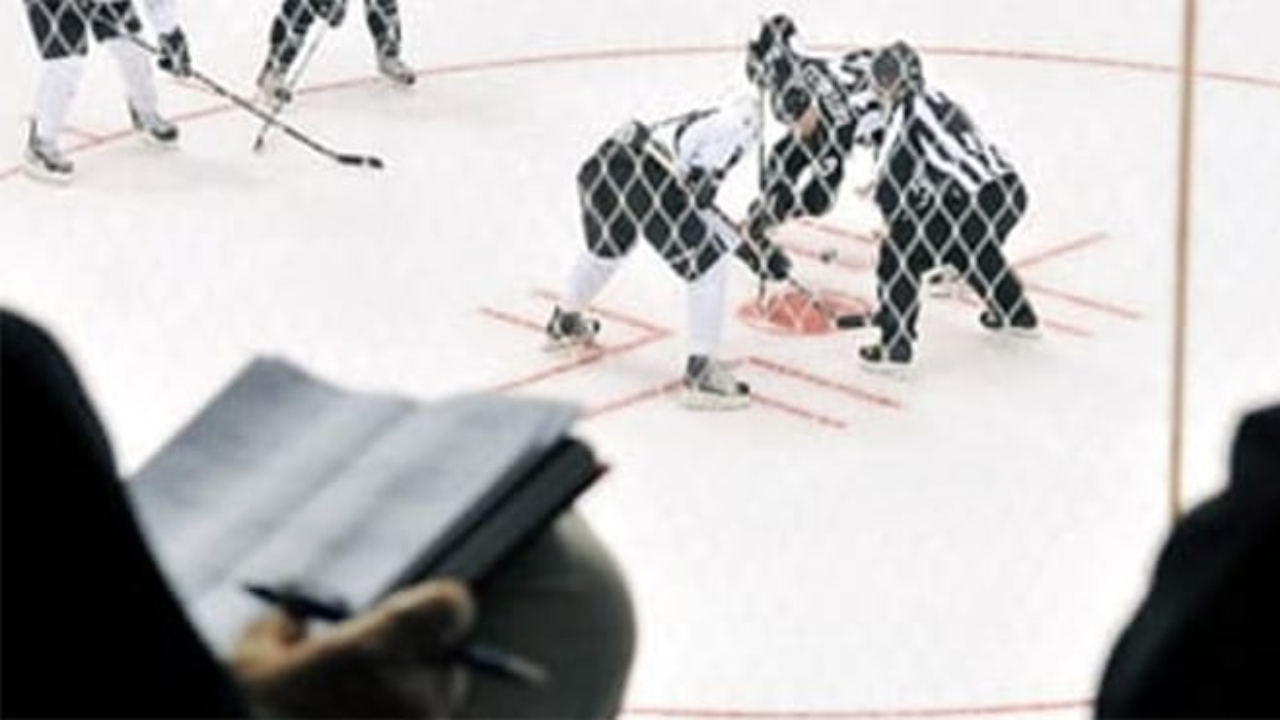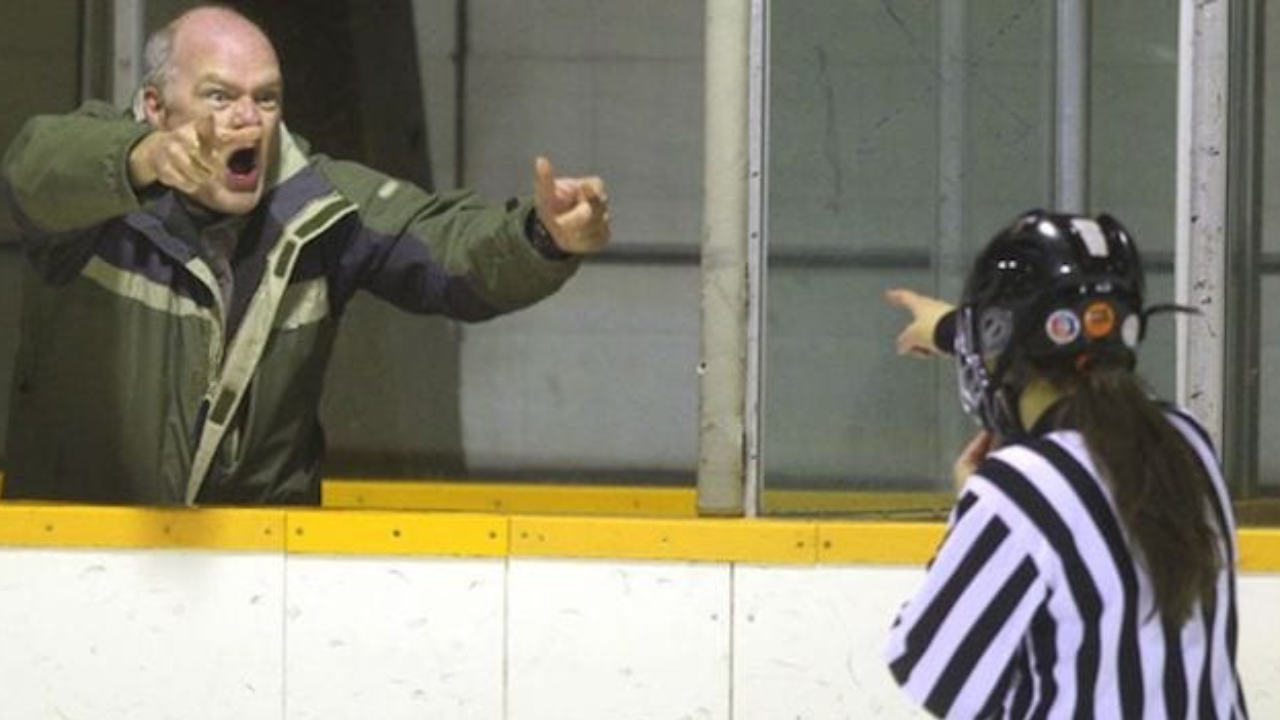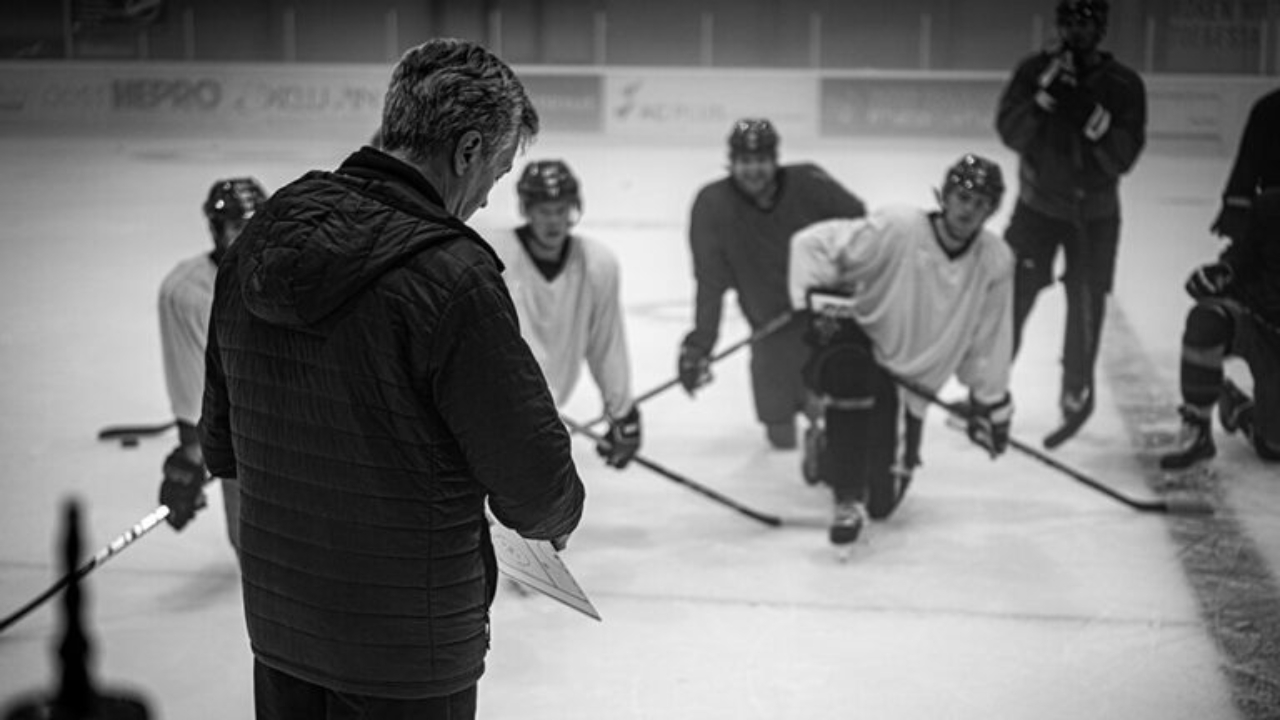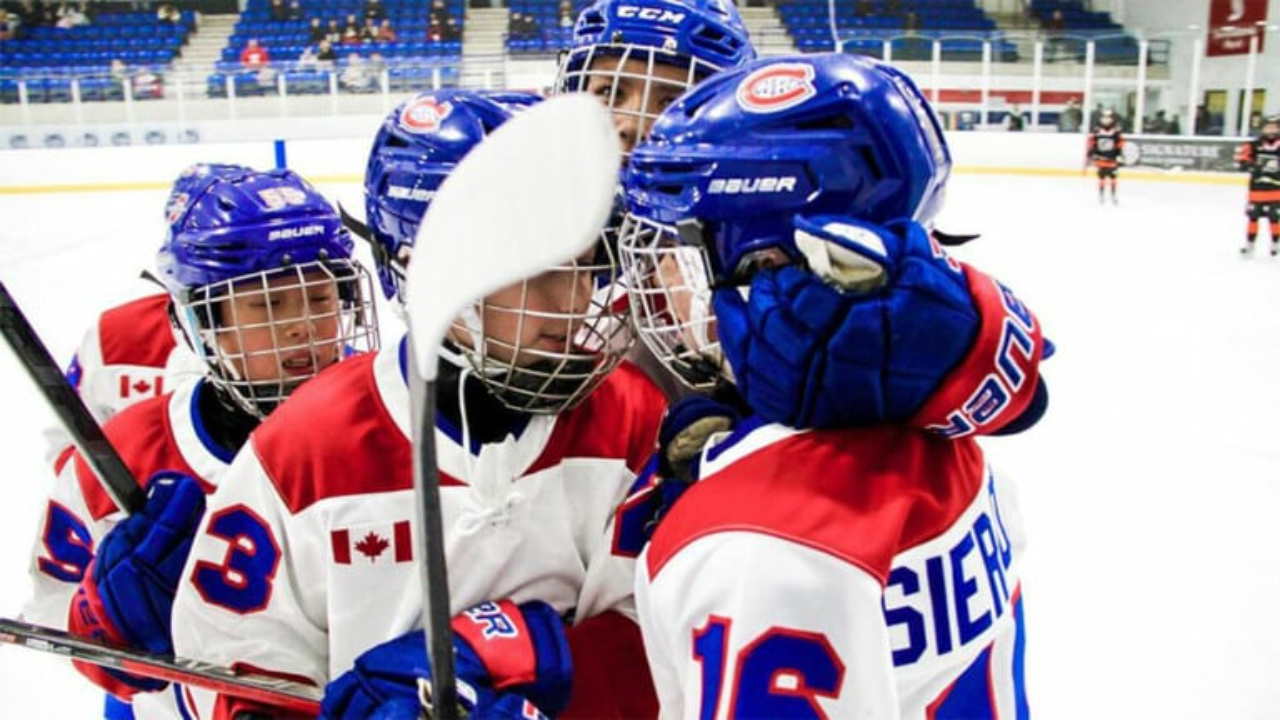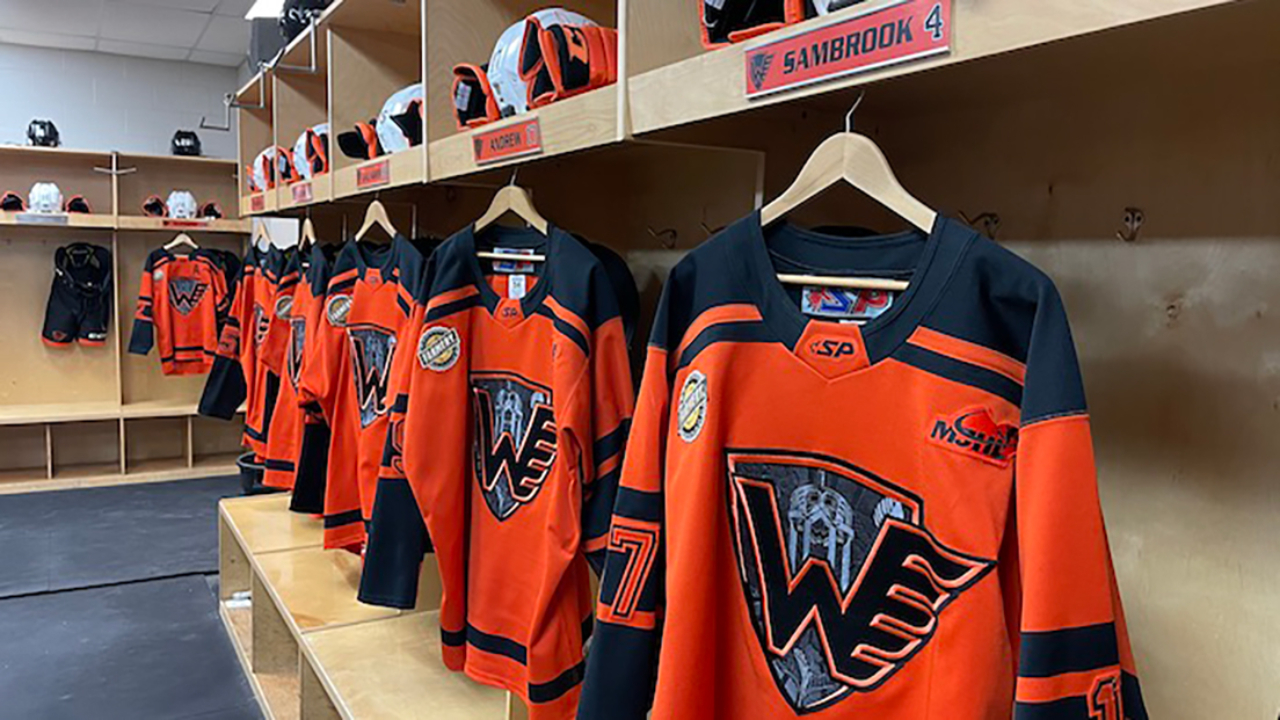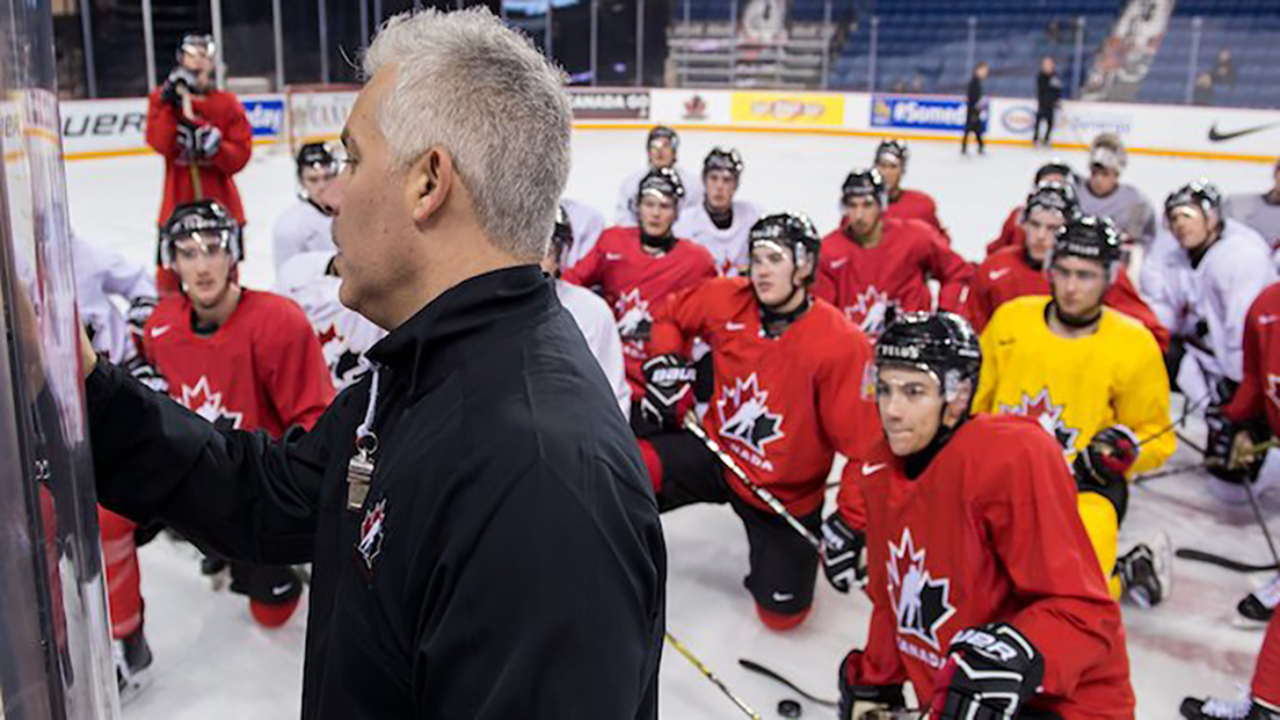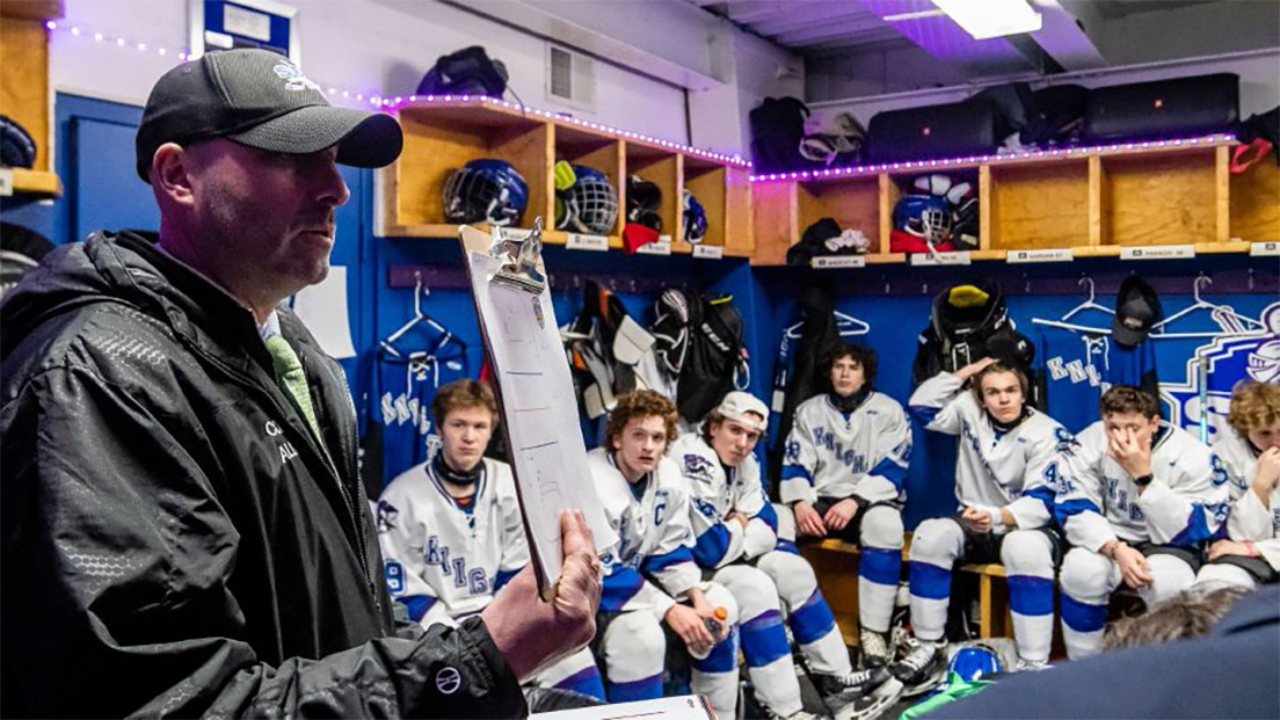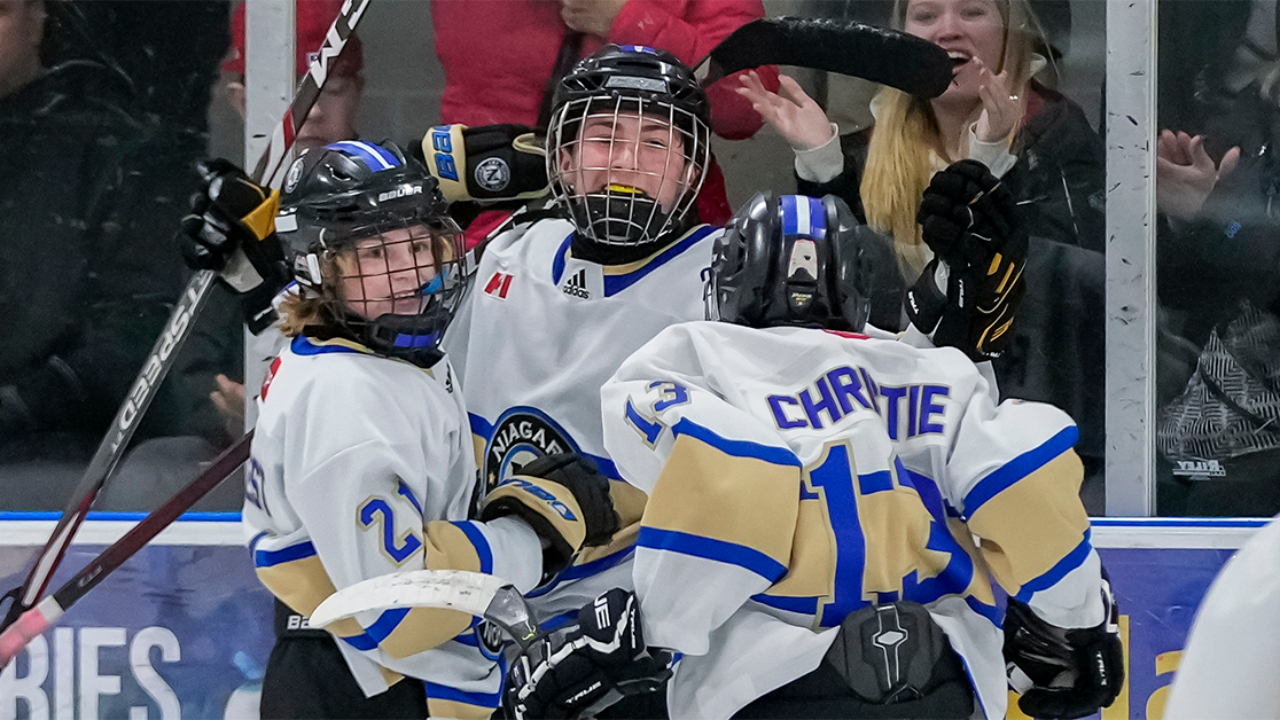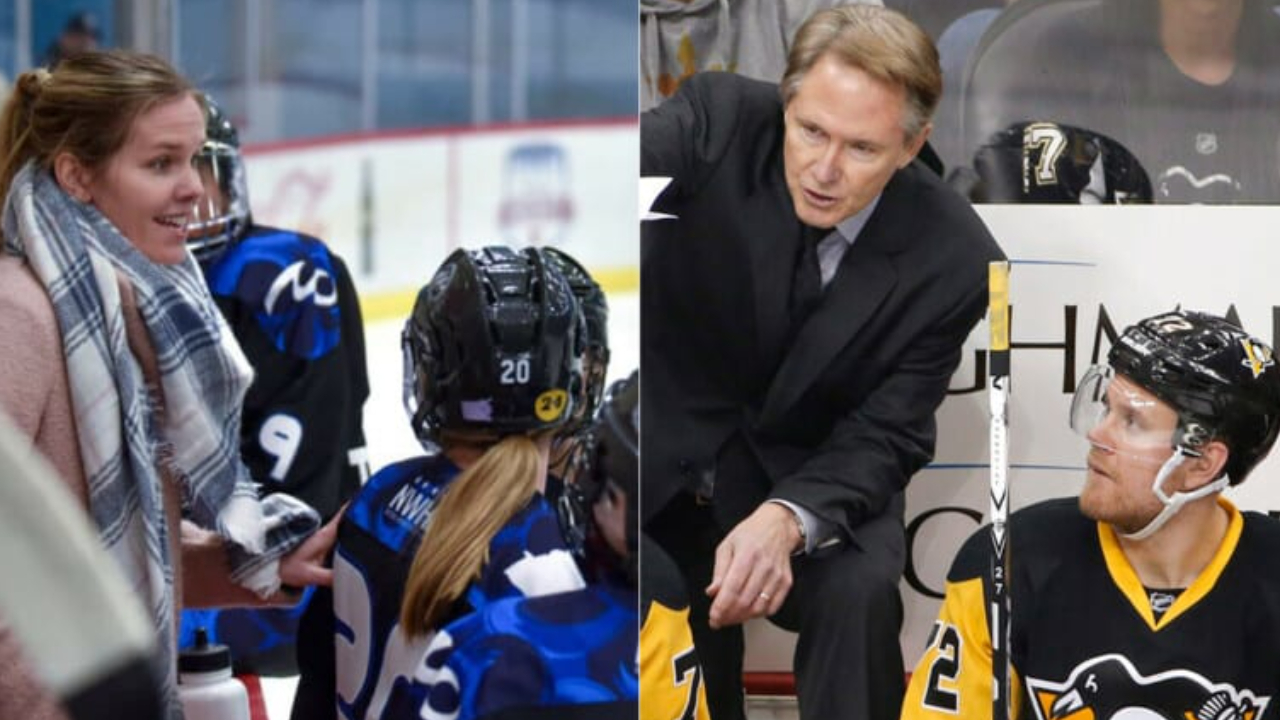
"I like all our meetings to be interactive. Whether you're winning or losing, you’re always looking for new ways to get your message across."
Having game day routines is a vital part of any hockey team’s preparation for a game. It serves to focus the team’s attention and reinforce tactical points before they hit the ice. But what does a game day routine looks like for different teams and coaches?
In this article, we will hear from two coaches on their unique approaches to addressing their team before, during, and after the game and how they deliver it to their teams.
We will gain insights into the rituals and techniques they use in the locker room to ensure their teams are mentally and tactically prepared for the game and what to do after.
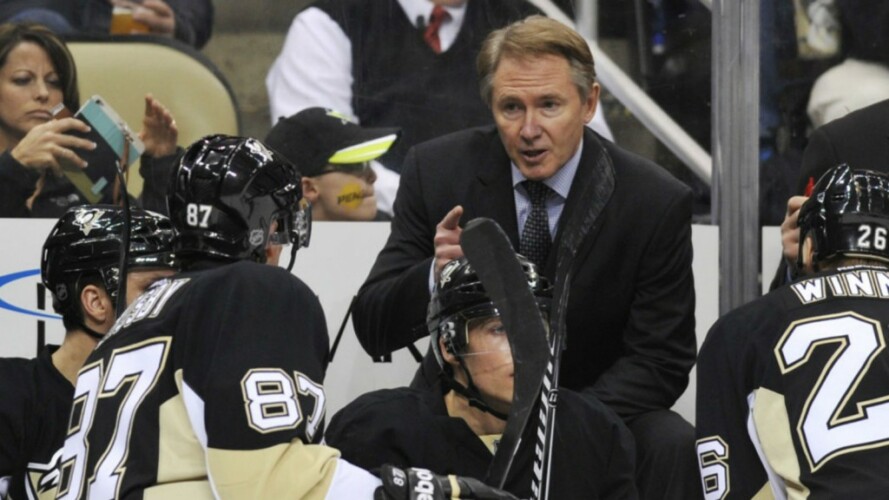
Mike Johnston (Portland Winterhawks, WHL)
“On the morning of game day, we have a power-play meeting, a penalty kill meeting, and a key strategy for the opponent meeting. All of them last about 10 minutes and are supported by video.
“Before the game, just before the game starts, I will talk to the team for 3 to 4 minutes and review the keys to success. In between periods is more of a reaction to the period. I will talk again for 3 to 4 minutes and review some teaching points or address compete & puck management issues.
“On the bench – I’m trying to watch the game and make sure that I don’t interact with players during the play. That’s the time in which two assistants on the bench are very active with the defense and forwards. I will make specific constructive/teaching points to individuals as the game goes along.
“Some coaches don’t like to talk to the team post-game because they feel they don’t want to allow their emotions to come into play. I always like to address the team because I feel they’ve gone to battle for 60 minutes and it’s important to give them some feedback. What you say at this point is very important to their mindset after the game and their takeaway from the game. I will sometimes connect with individuals after the game if there’s a point I want to emphasize, or just to connect with players that are struggling a bit.
“The day after I will always do a game review to summarize key teaching points. I like all our meetings to be interactive. Whether you are winning or losing, you’re always looking for new ways to get your message across. I don’t think it’s any more challenging when you’re losing. Generally, the players are more attentive at that point.”
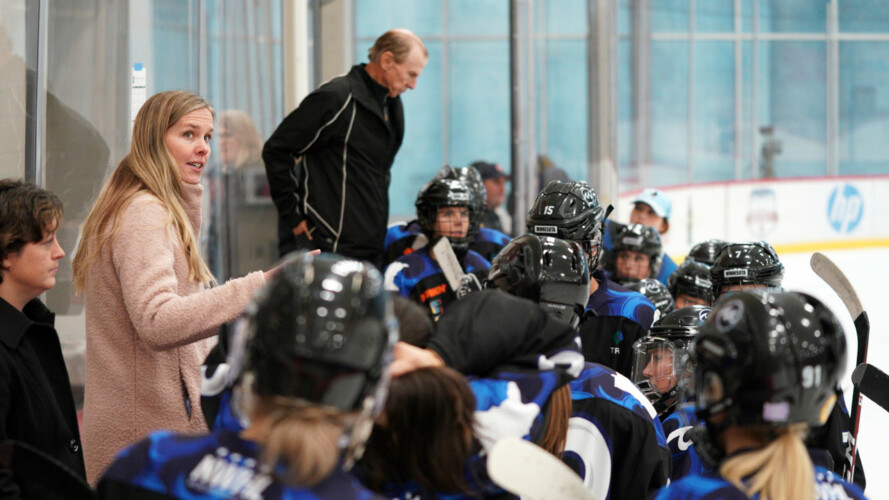
Ronda Engelhardt (Minnesota Whitecaps, PHF)
“This is an interesting question for me as I am usually a “less is more” type of person so I know the key points are being heard. Talking too much can lose sight of what main things you want to get across.
“So before a game, I will think about what are three important things I want the team to bring to the game or the focus areas we need to have to improve our chance of success. I try to keep my focus on what our team needs to bring as that is what we can control. If the opponent does something particular, I may remind them of that, but that stuff is usually discussed before game days based on how our games are set up (just on weekends).
“Depending on the game and what is going on will dictate if I talk to players individually or as a group. Sometimes, I may talk to a player individually if I think there is something that could boost them. Sometimes we may meet with PP to discuss something to help ignite them or that would help them get good chances. Other times it is talking to captains to highlight some things that might be helpful from a leadership perspective. Or sometimes you can meet with a line to talk about their strengths and how they could be utilized in the particular game.
“As for the video, many times if there is a breakdown system-wise, we can address it between periods just to clean something up. The players usually want to know if something could have been done better to prevent the goal, and that is when the video is helpful. In between periods you can also address things that could be changed to help make us more successful. (ie changes to increase our chances of breaking out better or increasing scoring changes).
“It is also a good time to address the weakness we need to clean up. I think the biggest thing is to know how to deliver your message whether you are winning or losing, it is knowing your team and trying to predict what you think they need at that moment. I am not a yeller, whereas some coaches are and they use that to get them going. My players can tell when I am mad or frustrated, but at the end of the day, the players need to take ownership as they are the ones performing. So challenging them in a way to get their desire to win fueled up or their competitive spirit can be a way to go. If we are winning, it’s discussing what we can continue to build on as each period we can get better, or improve things to lead into the next game. As with everything in coaching, you need to work on your craft and learn from what worked and what did not during your speeches/interaction with the team to help your players even more during those moments.”

